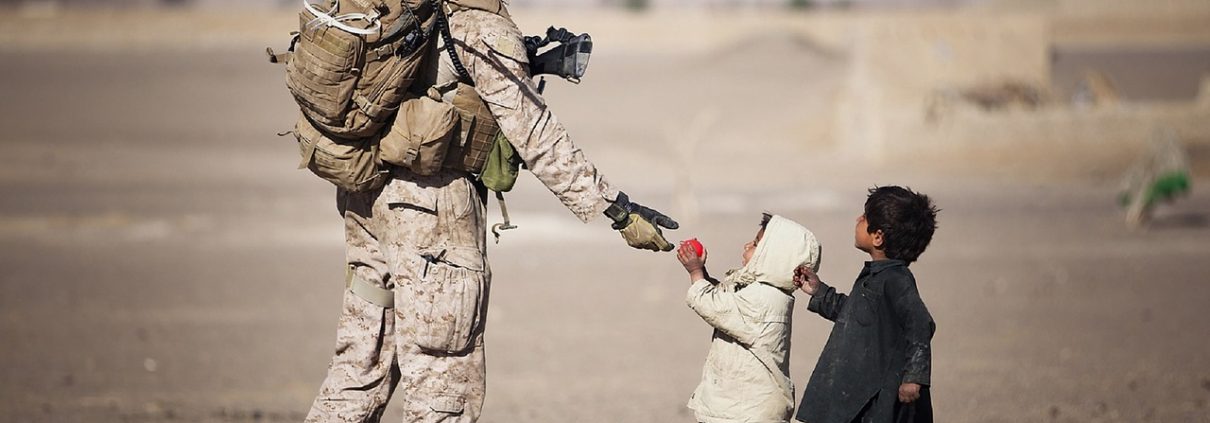Who is the fixer in the war zones?
We have always wondered how Lucia Goracci and all the other intrepid reporters for the Italian and international press manage to get to the other side of the world in just a few hours, crossing unknown, dangerous territory and passing unharmed through roadblocks where bullying soldiers interrogate them in Arab or in incomprehensible local dialect. And yet they always turn up in the right place, at the right time, and are always ready and properly informed so they can tell us in detail what is happening in real time.
But how do they do it? Have you ever thought how complicated it must be to organize a press report at short notice in a war zone? From a quiet desk, in front of a computer, the reporter, often female, has to leave in an hour for Antakya (Turkey) in order to be close to the frontier when fighting breaks out in the city of Idali, as Jørgen Skrubbeltrang. a Danish anthropologist, relates in his research into the world of journalism. These reporters don’t speak Arabic, they don’t know Turkish, they don’t know the territory, they have no means of transport, the airport is closed, they have to cross the mountains … and the use of telephones or internet can’t be taken for granted.
“Where can I find a reliable fixer? Who have we got in Antakya?” This is their first question. Their baggage is secondary, they usually have it ready and waiting for every situation.
Who is the fixer? A better description might be “language facilitator and cultural mediator”. Milena Nebbia, in Life as a Fixer explains this very well, relating her service in Iraqi Kurdistan. The fixer is a person who lives in that place, who knows the language and, especially, the local dialects that few outsiders can understand, those spoken by the man in the street but which no one learns in books. A person who, from living in that remote area, knows every stone, knows all the dangers and can slip in and out of the ruins. Often the fixer, too, is a journalist who has the right contacts to get the information the reporter wants, without running the risk of creating misunderstandings or risking their lives. Or the fixer can simply be a local person, someone who has studied a bit of English or French and is able to translate any dialogue or word, including the things left unsaid. Someone who can find the right equipment and collaborators, often moving in the midst of ruined houses, bullets and foul smells. Because it’s not easy, in a war zone, to find writing paper, let alone a driver, a guide, or someone willing to risk their life – and that of their dear ones – for an interview or for helping a “foreigner”.
Fixers are more than interpreters, translators or guides. They are “the eyes and ears” of our reporters. They are crucial figures, not just because their translations and services enable us to receive “plausible” and “immediate” news from abroad, but because the safety of our reporters lies principally in their hands. A close, intense tie develops between the fixer and the journalist, we cannot even imagine their life together, “it is like being in the trenches together”, in the words of Bobby Gosh, a CNN editor and World Editor di Time Magazine. It is not unusual for reporters, photographers and accompanying soldiers, on returning home, to express concern for the fate of their fixers and to call upon western governments to provide them with greater protection.
A session of theXII International Festival of Journalism held in Perugia from 11 to 15 May 2018, was dedicated to the figure of the fixer. Attention was drawn to the importance of these professionals who are far more than just translators and interpreters, and to need to ensure their safety and proper economic recognition.



